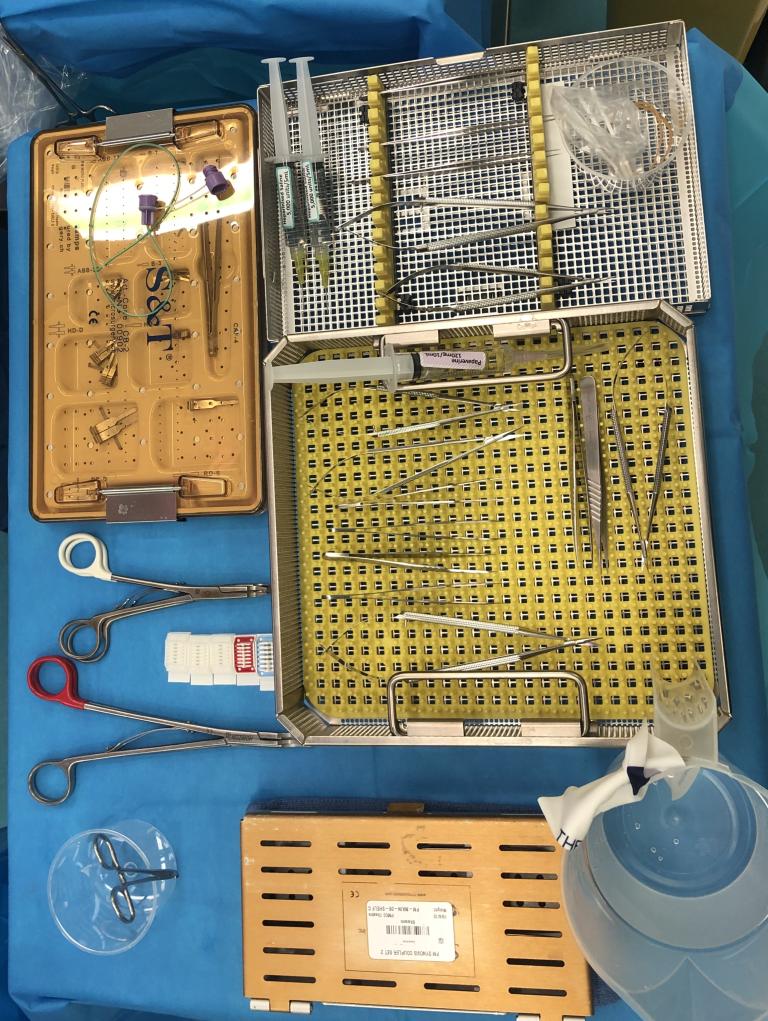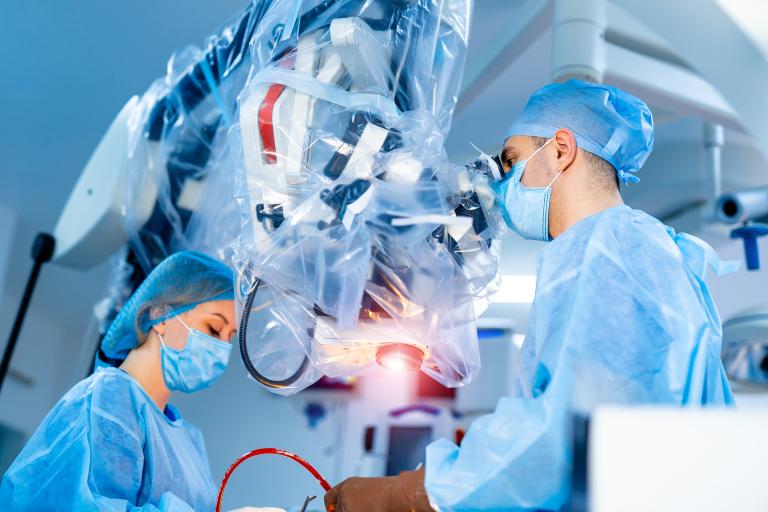
Orthopaedic and Microvascular Reconstruction
The demand for this type of reconstructive surgery has been steadily growing in the elderly and after a traumatic injury. While previously surgeries like this were not recommended, advances in anaesthesia and operative techniques, modern imaging techniques and intraoperative management as well as preoperative planning, help to reduce possible complications.
Orthopaedic and microvascular reconstruction is a procedure to salvage legs from amputation, aid mobility and restore quality of life.

















